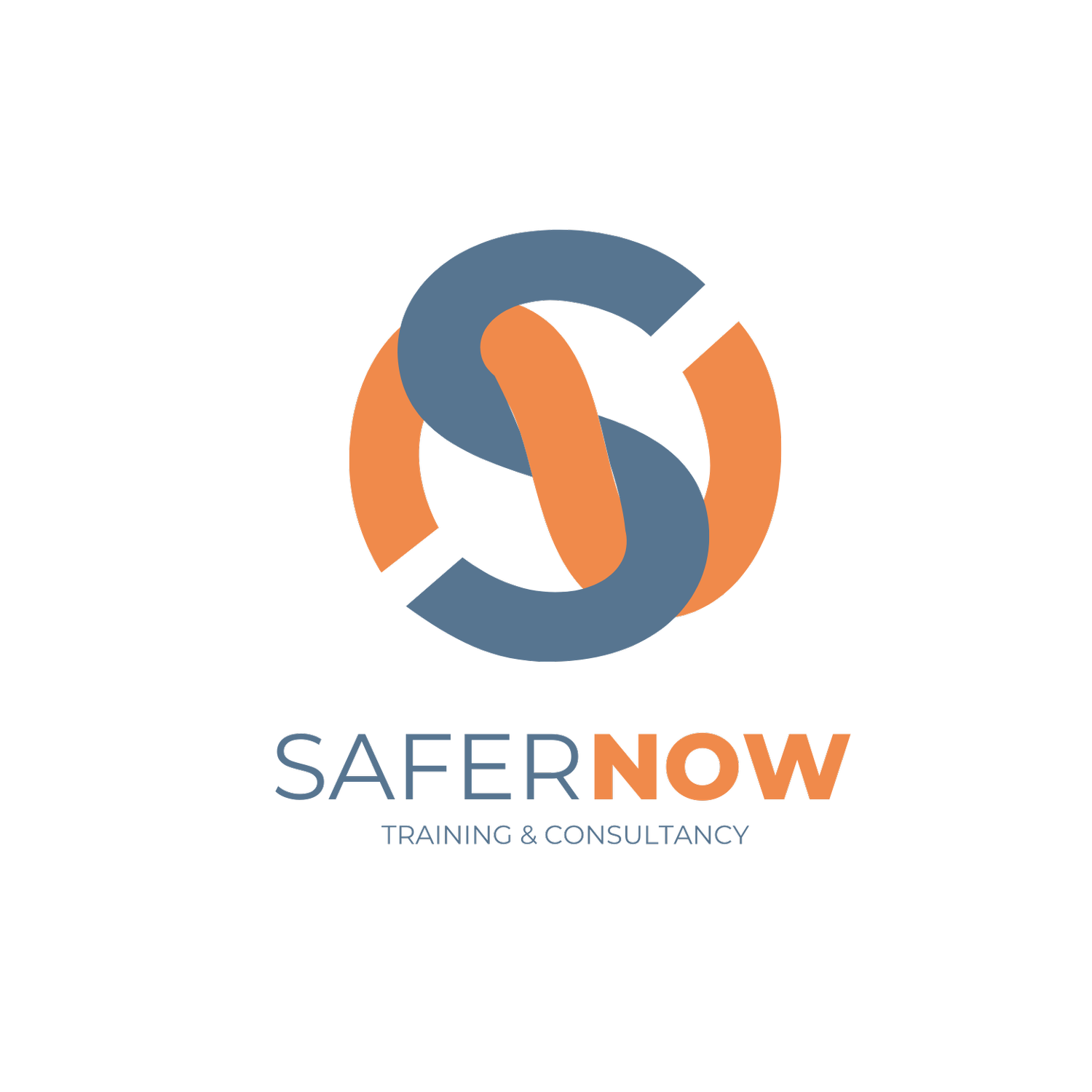Check our Eventbrite page for ticketed events
-
Check our Eventbrite page for ticketed events -
Safe Practice: Working in Complex Environments
-
Whether in social care, criminal justice or youth work, there are many times whereby risk to the practitioner has to be managed. You may have to undertake home visits, or perhaps you are a detached youth worker meeting young people where they are on the streets. Situational awareness, understanding body language and planning what to do if additional risks present is key.
After completion of this training, delegates should:
Understand how to develop the skill of situational awareness and situational literacy
Understand body language signalling.
Develop a toolbox of de-escalation techniques.
Develop processes to support safe working, including lone working.
-
If interested in a more in-depth and interactive version, a bespoke face to face workshop may be more suitable. Contact us for a free consultation.
Case Management: Supporting Practitioners working within Casework Services
-
This case management training session is for youth workers and colleagues within social care, health and criminal justice who support clients through a casework basis. With competing timelines, dynamic risks and differing pieces of work, managing caseloads can be a challenge for anyone.
After completion of this training, delegates should:
Have an understanding of how to prioritise caseloads effectively
Have a toolbox of effective prioritisation methods
Be able to utilise key reflective techniques and grounding exercises to ensure safe and effective practice
Disclosure Support: Best Practice When Handling Disclosures
-
Young people spend a significant amount of their time in educational settings, therefore it makes sense that educators and support staff are likely to be considered trusted adults. Receiving a disclosure is always challenging, balancing the urgency and setting processes, while also aiming to ensure the young person feels safe, listened to and cared for while disclosing. This session provides case studies and tools to support those professionals.
After completion of this training, delegates should have:
An understanding of how to create psychological safety when receiving a disclosure
Co-regulation techniques for when receiving a disclosure
An understanding of how to ensure the young person feels supported and heard
Urban Street Gangs and Organised Crime
-
The phenomena of “gangs” has been sensationalised through the media, and the word itself is problematic and often racialised by the media.
Developing our understanding of Urban Street Gangs, Organised Crime and how young people are exposed to such dangers is vital to anyone engaging with young people at risk.
After completion of this training, delegates should:
Understand the concept and definitions of USGs and OCGs.
Understanding criminological underpinnings of such phenomena.
Thinking critically about “gangs”
Understand the development and practices of urban street gangs, organised crime and their relationships to tech, the Dark Web and emerging technologies.
Curiosity and Hypothesising
-
This session on curiosity and hypothesising is aimed at professionals who assess risk as part of their roles, such as caseworkers within the criminal justice system, social care and intervention-based youth work. Considering our own biases, using reflective practice models and case studies, delegates should leave the training feeling more confident in the appropriate assessments of risk.
After completion of this training, delegates should have:
An understanding of the need to be professionally curious
An understanding of the need to hypothesise for safe assessments
Tools on hypothesising through reflective practice
Experience of engaging hypothesis circles of reflective practice using real case studies
-
If interested in a more in-depth and interactive version, a bespoke face to face workshop may be more suitable. Contact us for a free consultation.







